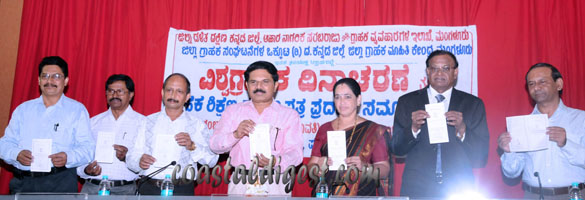
Mangalore, March 16: Youth should take initiative to spread information about consumer rights among the public. It should reach the common man. Consumer should become the king in true sense and not in slogans, said Dakshina Kannada Zilla Panchayat Chief Executive Officer Dr K N Vijayaprakash.
He was addressing the gathering at World Consumer Day celebration and Consumer Education Certificate Distribution programme organised by Dakshina Kannada district administration, Food and Civil Supplies Department, District Federation of Consumer Associations and District Consumer Information Centre at Zilla Panchayat Auditorium on Thursday.
He said that in India 46.9 per cent of the population do not have toilet facility and 32 per cent population does not get potable drinking water, However, it is startling to know that 63.2 per cent people have landline phones and 53.2 per cent of population has mobile phones.
Speaking after inaugurating World Consumer Day Dakshina Kannada Zilla Panchayat President K T Shailaja Bhat said that consumer can make use of all available facilities only when he keeps himself alert. “We should not get cheated by anyone. It is time to inform children about the rights of the consumer so that they grow up to be enlightened consumers.
Mangalore Food and Civil Supplies Deputy Director Sharanabasappa said that the department organises two programmes every year, one in March and the other in December to create consumer awareness among the public. “There is provision to start consumers' clubs in 20 schools of the district. District Level Consumers' forum gives compensation upto Rs 20 lakhs. Rural people especially women should come to know about these provisions,” he added.
Mangalore Akashavani Station Officer Dr Vasantha Kumar Perla opined that the consumer awareness is a continuous process.
He said that, in this industrial age consumer awareness has got more importance.
Mangalore University Registrar (Examination) Dr P Subramanya Yedapaditthaya said that, only three per cent of the consumers react when they get cheated. “Mangalore University is ready to include consumer education as a part of the syllabus,” he informed.
Zilla Panchayat CEO Dr K N Vijayaprakash unveiled the Consumer Information Letter during the programme. A special issue of 'Grahaka Chaya', a monthly about consumer rights has been unveiled by Mangalore Akashavani Station Officer Dr Vasantha Kumar Perla.
'Grahaka Chaya' Editor Vishnu P Nayak said that, 120 students from three colleges of the city have been educated under consumer education this year. Dr P Subramanya Yedapaditthaya distribted the prizes and certificates to the students. Suraj of Kavoor Government Degree College won gold medal for best academic performance. Raksha Kini of Canara College won silver medal. Prahlad of Kavoor Government Degree College won the bronze medal.
Kavoor Government College bagged first prize for project report and Canara College got the second prize. 'Chethana Consumer Club' of Al Badria High School won best consumer club prize. 'Morarji Desai Consumer Club' of Jain High School of Moodbidri won second prize. Association of District Consumer organisations President M J Salian presided over the function.
Children from various schools and colleges attended the programme.
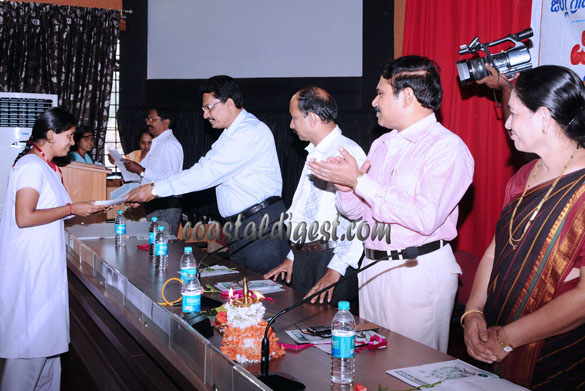
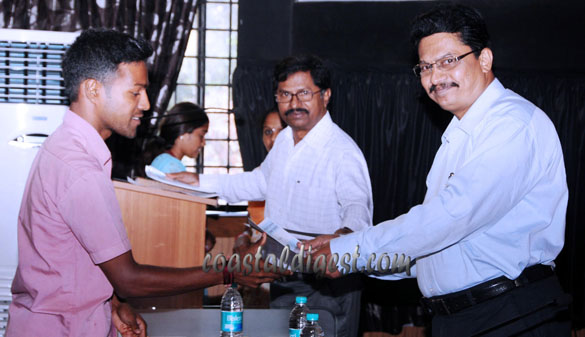
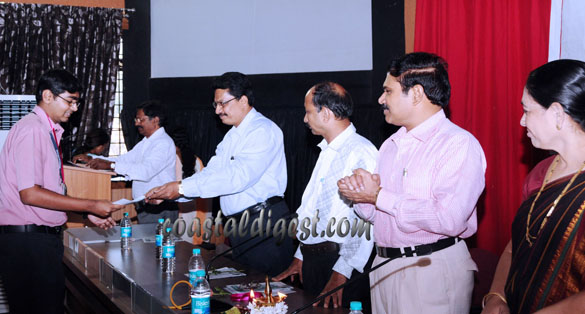
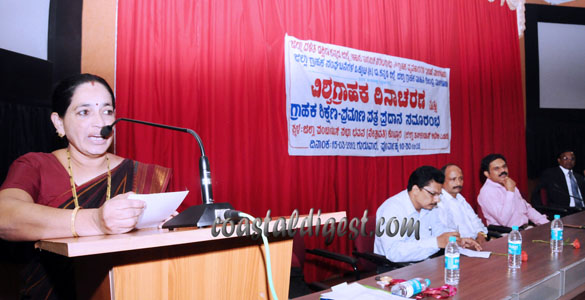
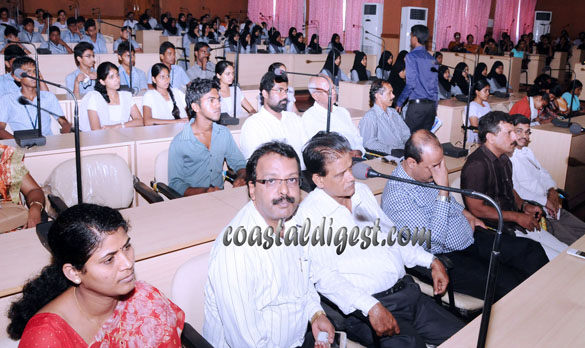
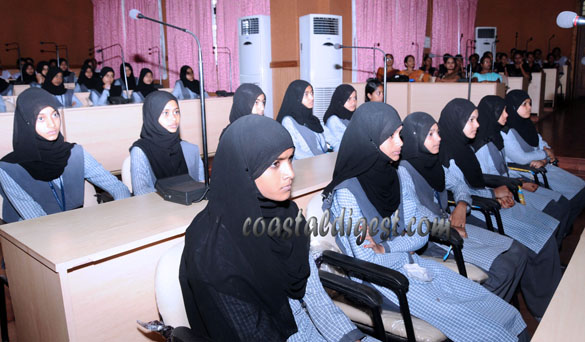







Comments
Add new comment